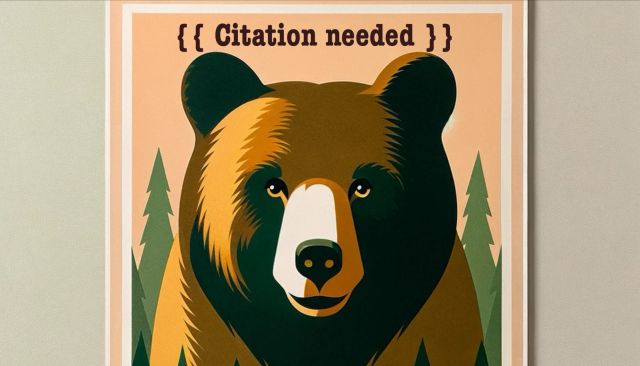“Nielsen has given everyone who sees accessibility as an unnecessary cost center a way out. Listen, they will say, the experts are telling us that AI is going to solve this, so let’s deprioritize the work now so we don’t duplicate our efforts.”–Matt May
buttondown.email/practicaltips… #a11y

We need to talk about Jakob
Jakob Nielsen woke up one morning last week and chose violence. If you haven’t read his recent post, “Accessibility Has Failed: Try Generative UI =...buttondown.email
Jamie Teh reshared this.
victor tsaran
in reply to zeldman • • •Amanda Carson
in reply to victor tsaran • • •Jamie Teh
in reply to Amanda Carson • • •@vick21 @zeldman @weirdwriter
Amanda Carson
in reply to Jamie Teh • • •victor tsaran
in reply to Amanda Carson • • •Jamie Teh
in reply to victor tsaran • • •victor tsaran
in reply to Jamie Teh • • •Jamie Teh
in reply to victor tsaran • • •Amanda Carson
in reply to Jamie Teh • • •Amanda Carson
in reply to Jamie Teh • • •Eric Eggert
in reply to victor tsaran • • •victor tsaran
in reply to Eric Eggert • • •Matt May
in reply to victor tsaran • • •victor tsaran
in reply to Matt May • • •Matt May
in reply to victor tsaran • • •We need to talk about Jakob
buttondown.emailvictor tsaran
in reply to Matt May • • •Eric Eggert
in reply to victor tsaran • • •@vick21 @weirdwriter No, actually they are very well aware of how accessibility works. They just see that “AI” can, for example, describe images. So they ask “why should we invest in training people and development time when ‘AI’ might be doing it for us good enough in a similar time frame”.
Companies want to make smart investments. Saving money because tech solves it is seen as smart, even when the outcome is suboptimal.
victor tsaran
in reply to Eric Eggert • • •Eric Eggert
in reply to victor tsaran • • •@vick21 @weirdwriter I don’t know how that relates to the root of the thread where the argument is refuted that individualized “AI”-generated UI means that nobody should invest in an accessible UI very soon.
Sure there are always excuses, but now the excuses are seen as something positive.